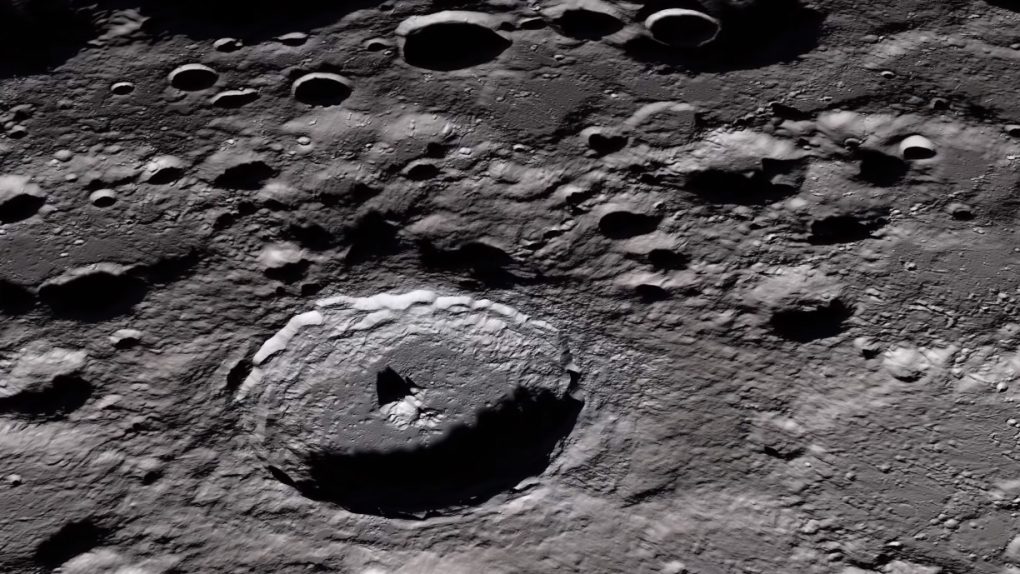The United States and Russia might be old Cold War enemies — and tensions between the two countries in the present day aren’t exactly great, either — but when it comes to space exploration, NASA and Russia’s Roscosmos have long been allies. That relationship, like any, has not been perfect, but it’s still a bit of a shock to see that Russia now plans to start a lunar base and, instead of NASA, it is choosing China’s space program as its partner.
As Ars Technica reports, the agreement was announced by Roscosmos, with the heads of the Chinese National Space Administration and Russia’s Roscosmos signing off on the deal. The facility is to be known as the “International Lunar Science Station,” and while many of the details are still to be worked out, NASA isn’t currently in the loop.
It’s no secret that China is rapidly advancing its space exploration programs. The CNSA is attempting to make up for decades US and Russian space superiority and, to be totally fair, it’s doing one heck of a job. China has already accomplished a number of “firsts,” including landing a spacecraft and rover on the far side of the Moon for the first time in history, as well as returning lunar samples from the surface of the Moon remotely in a matter of days.
China has said that it wants a constant presence on the Moon, but plans were scarce. Now, with Russia and China shaking hands on a deal to build a lunar base, it would seem as though there’s nothing standing in either country’s way. This, of course, puts NASA and the United States in a very difficult spot.
The International Space Station exists because of both the United States (NASA) and Russia (Roscosmos). Partner organizations like the European Space Agency and Japan’s JAXA have also played a part, but the orbiting laboratory wouldn’t exist in its current state without both NASA and Roscosmos doing most of the planning, upgrading, and heavy lifting. China is not allowed on the International Space Station, and that’s a decision that was made early on. In recent years, the European Space Agency has tried to mend ties between the scientific bodies in the US and China, asking that China be allowed to send astronauts to the ISS and conduct science there. The United States said no.
So, now that Russia and China are going to play ball in space — with China, the ESA, and Russia all conducting various missions in partnership with one another over the years — NASA is essentially the odd one out. NASA has its own plans for a return to the Moon with the Artemis program, but Russia has not pledged to follow the “Artemis Accords,” which is an agreement between partner nations to share scientific data and abide by a specific code of conduct. China never had a chance to pledge its signature due to NASA being prohibited from working with China as part of a law passed by Congress in 2011.








